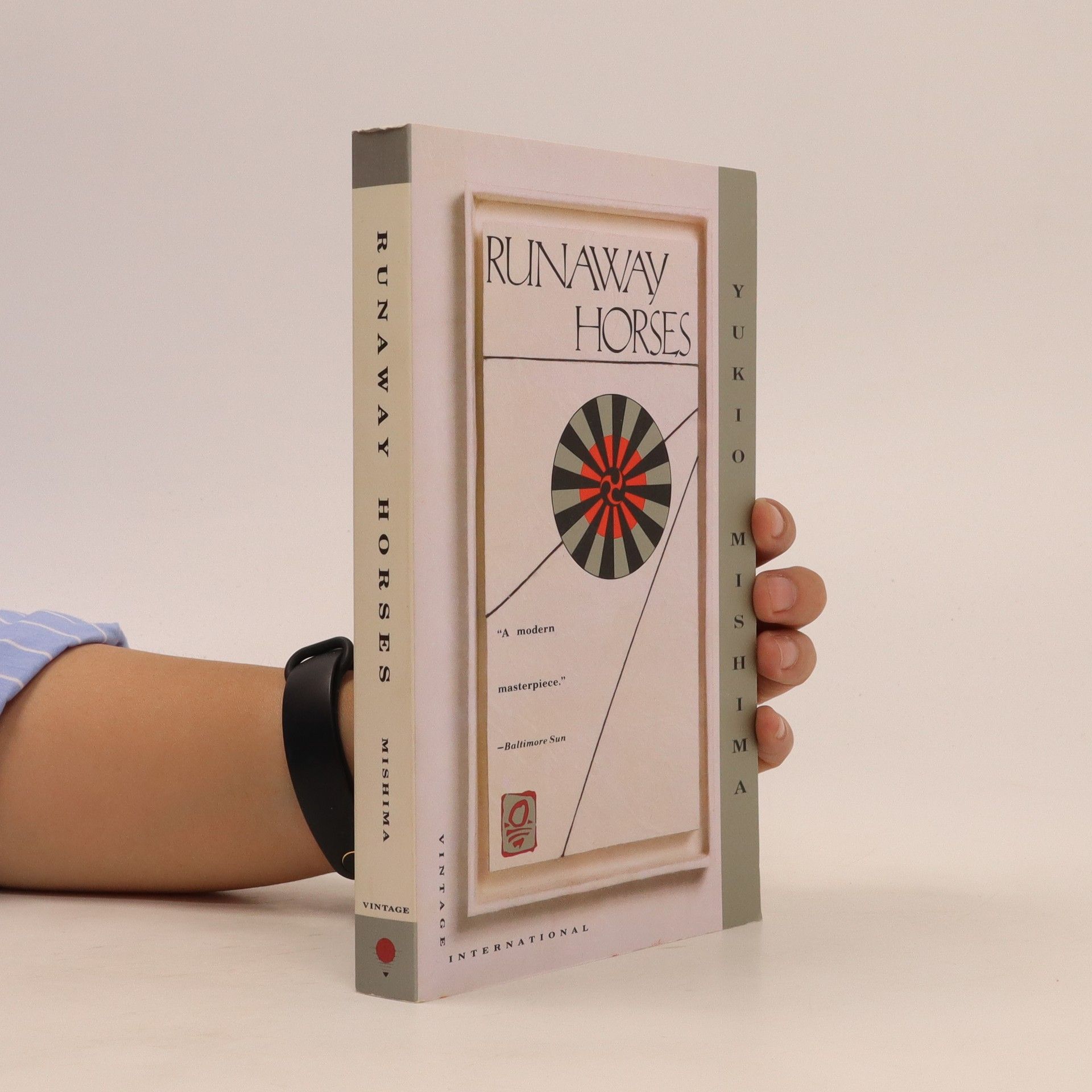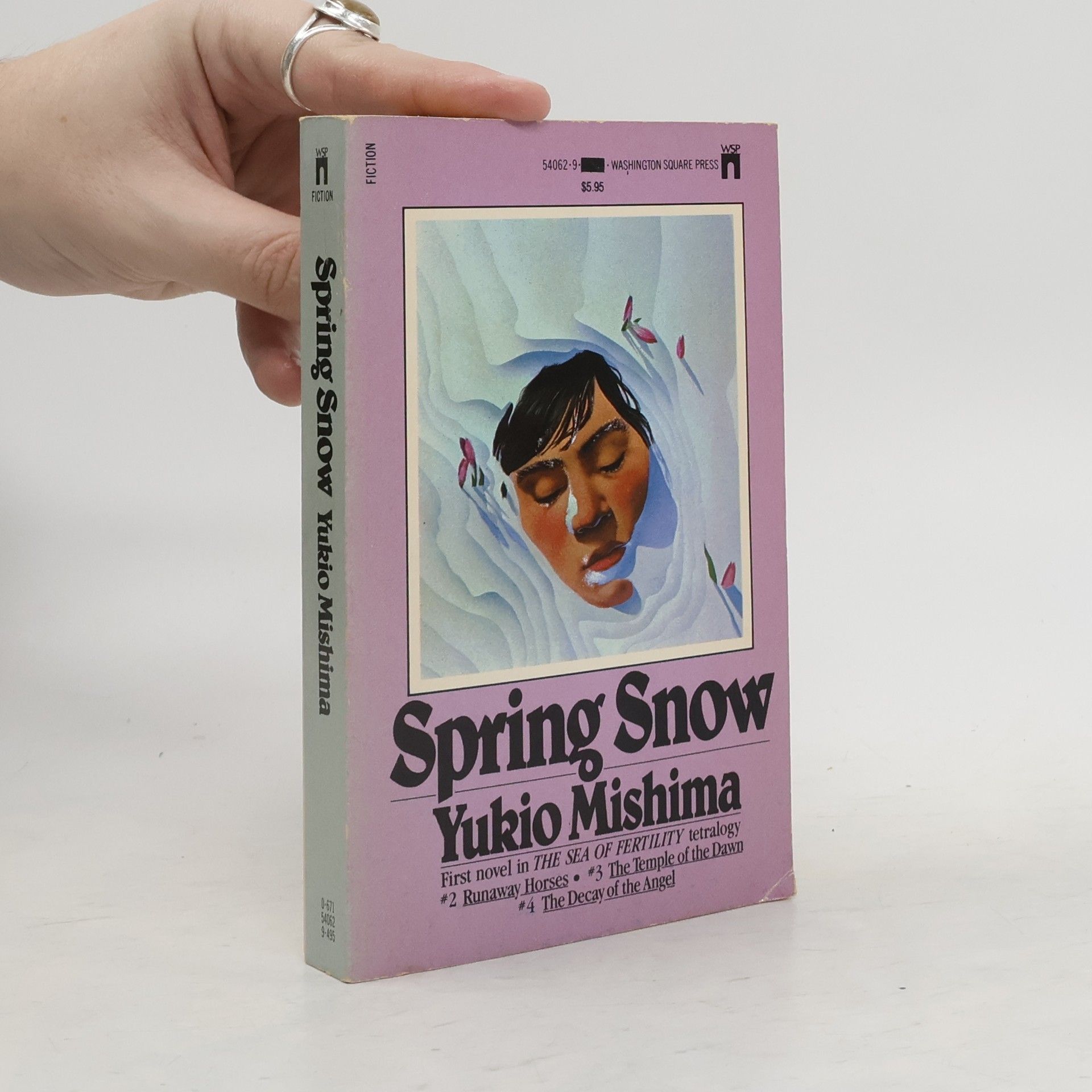Yukio Mishima Knihy
Yukio Mishima bol popredný japonský autor, ktorého dielo sa vyznačuje intenzívnym skúmaním krásy, smrti a pominuteľnosti ľudskej existencie. Jeho próza, často štylizovaná a plná zmyslových detailov, sa ponára do hlbín ľudskej psychiky a skúma napätie medzi telesnou túžbou a duchovným hľadaním. Mishima sa vo svojich dielach často zaoberal témami ako estetika, homosexualita, zrada, násilie a hľadanie zmyslu v modernom svete. Jeho jedinečný štýl a provokatívne témy z neho urobili jednu z najvýznamnejších a najkontroverznejších postáv japonskej literatúry 20. storočia.
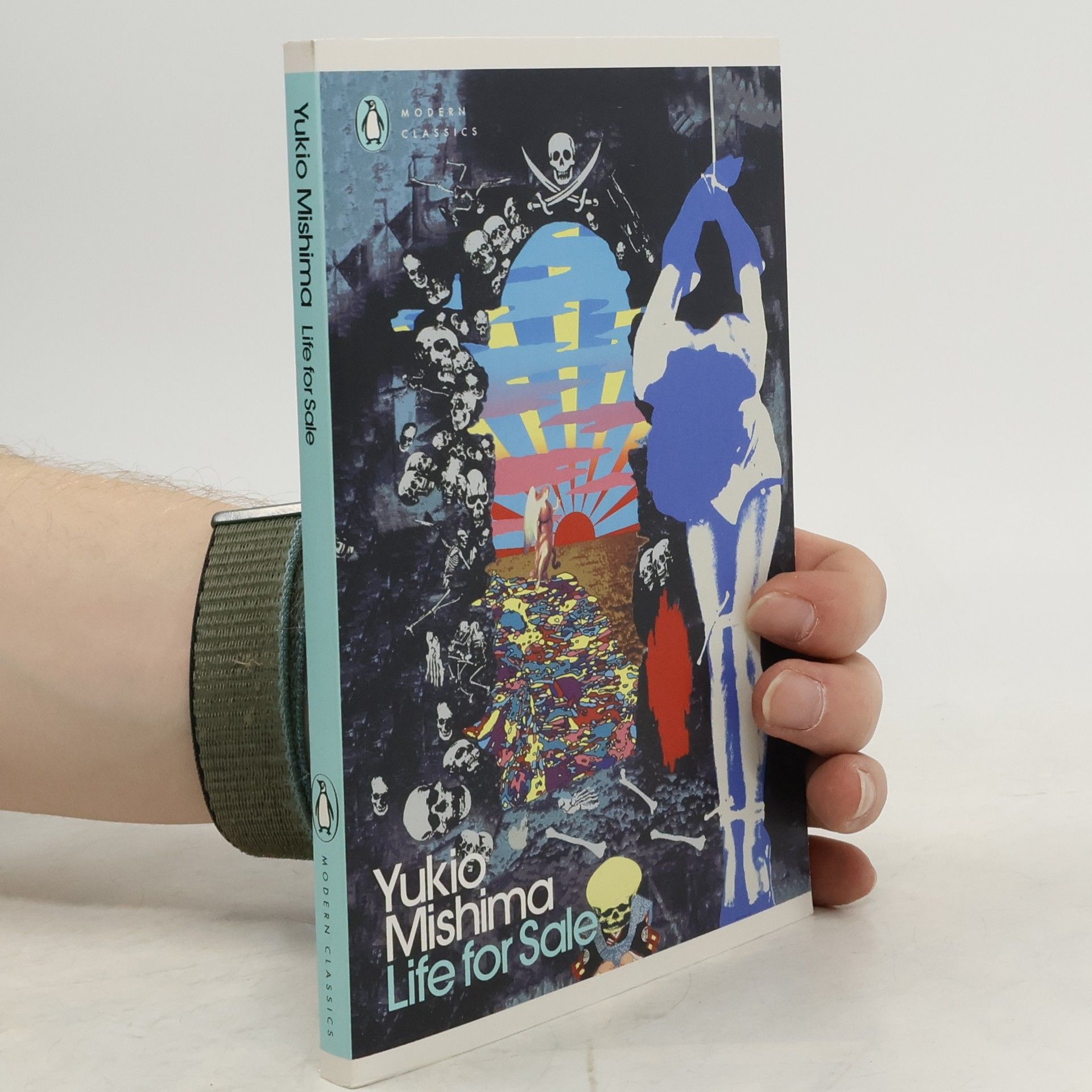
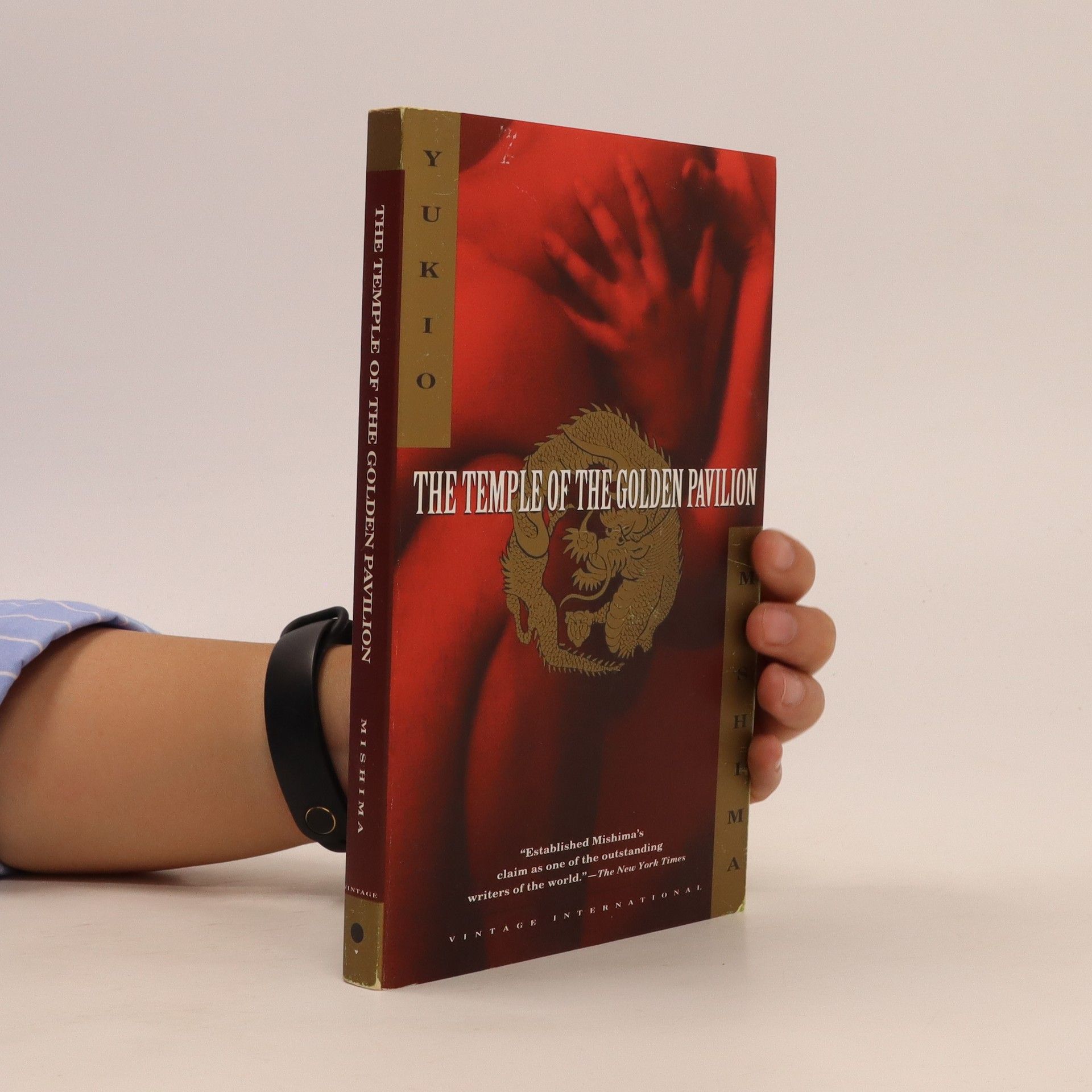
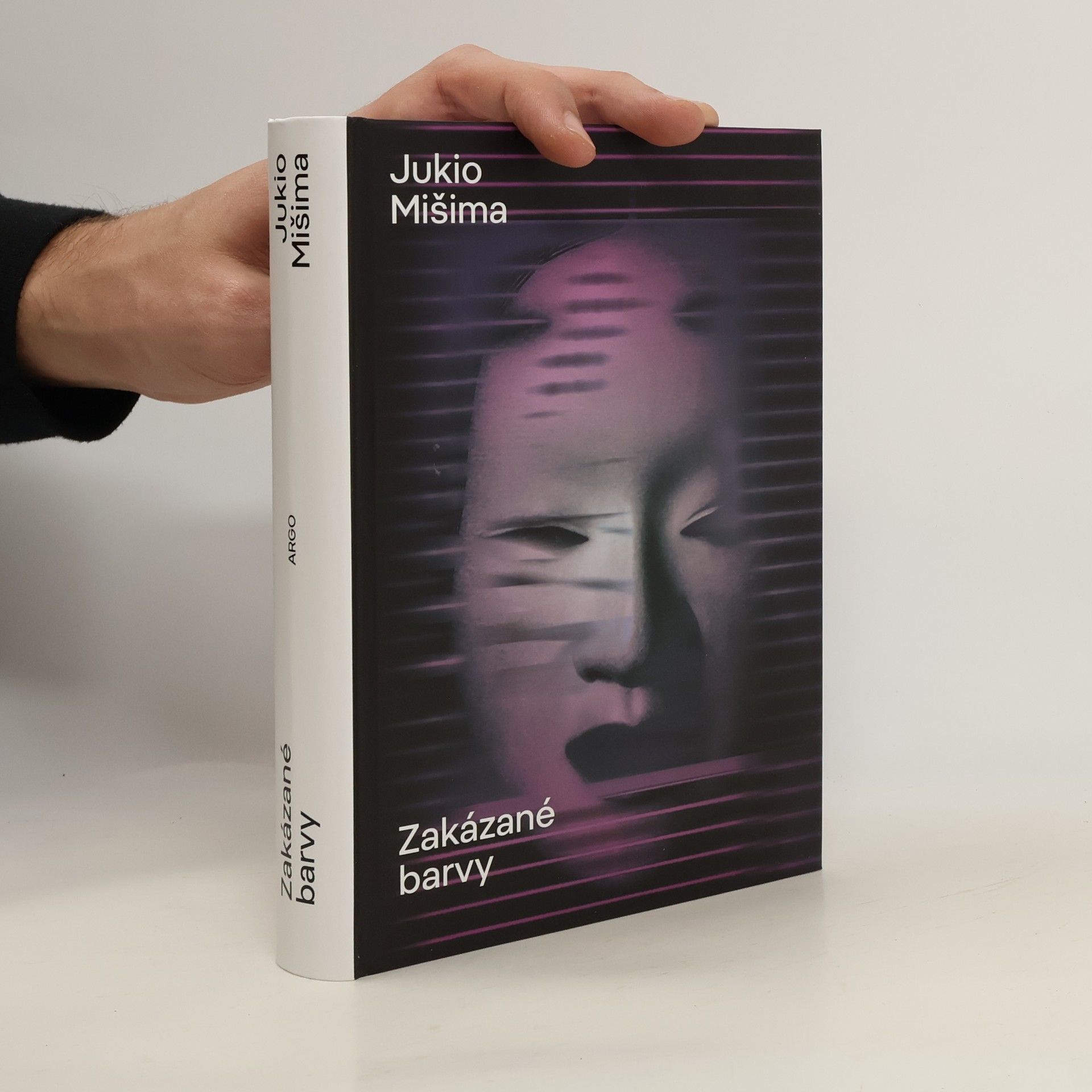

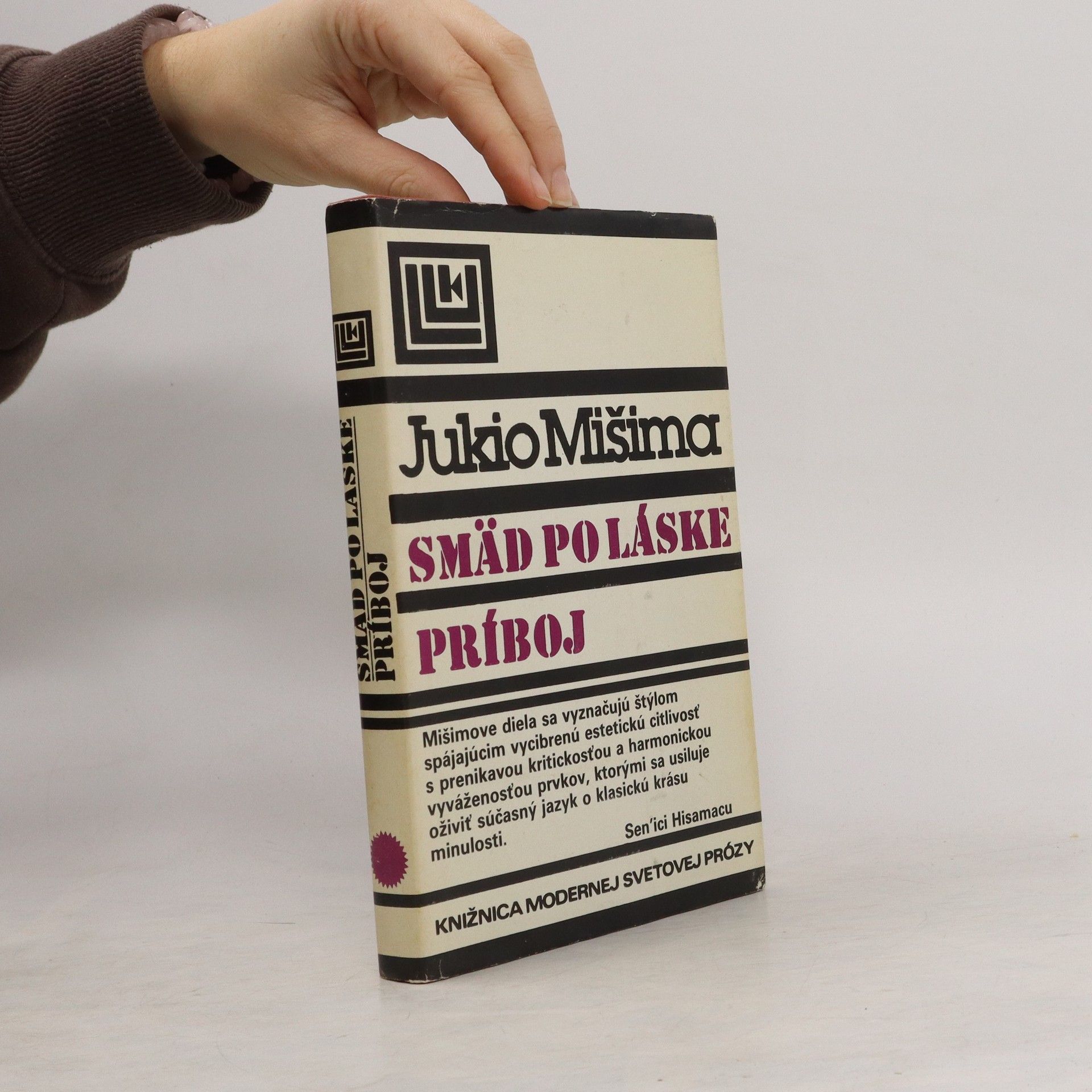

Kniha obsahuje dva romány japonského autora – Smäd po láske (1950) a Príboj (1957). Smäd po láske, dráma o pocite odcudzenosti mladej vdovy, žijúcej so svojím svokrom, v obručí rodinných zvyklostí a pokrytectva. Príboj, ľúbostný príbeh dvoch ľudí, ktorým ľudská zloba kladie do cesty prekážky.
Novela svérázného japonského autora, vypravující o rituální sebevraždě císařského důstojníka, je doplněna obsáhlým faktickým i ideovým komentářem.
Zakázané barvy
- 530 stránok
- 19 hodin čítania
A haunting portrait of a young man’s obsession with idealized beauty and his destructive quest to possess it fully—and the book that “established Mishima’s claim as one of the outstanding writers of the world" (The New York Times). Because of the boyhood trauma of seeing his mother make love to another man in the presence of his dying father, Mizoguchi becomes a hopeless stutterer. Taunted by his schoolmates, he feels utterly alone and develops a childhood fascination with Kyoto’s famous Golden Temple. While an acolyte at the temple, he fixates on the structure’s aesthetic perfection and it becomes his one and only object of desire. But as Mizoguchi begins to perceive flaws in the temple, he determines that the only true path to beauty lies in an act of horrific violence. Based on a real incident that occurred in 1950, The Temple of the Golden Pavilion brilliantly portrays the passions and agonies of a young man in postwar Japan, bringing to the subject the erotic imagination and instinct for the dramatic moment that marked Mishima as one of the towering makers of modern fiction.
Life for Sale
- 192 stránok
- 7 hodin čítania
'The best book I've read this year ... darkly comedic and full of tension and surprise' Marina Abramovic 'Life for sale. Use me as you wish. I am a twenty-seven-year-old male. Discretion guaranteed. Will cause no bother at all.' When Hanio Yamada realises the future holds little of worth to him, he puts his life for sale in a Tokyo newspaper, thus unleashing a series of unimaginable exploits. A world of murderous mobsters, hidden cameras, a vampire woman, poisoned carrots, code-breaking, a hopeless junkie heiress and makeshift explosives reveals itself to the unwitting hero. Is there nothing he can do to stop it? Resolving to follow the orders of his would-be purchasers, he comes to understand what life is worth, and whether we can indeed name our price.
Confessions of a Mask
- 176 stránok
- 7 hodin čítania
This autobiographical novel, is the haunting story of a Japanese boy's development towards a homosexual identity during and after the Second World War. Charting his progress from an isolated childhood through adolescence to manhood, it details his inner life and preoccupation with death
Runaway Horses
- 421 stránok
- 15 hodin čítania
Yukio Mishima’s Runaway Horses is the second novel in his masterful tetralogy, The Sea of Fertility. Again we encounter Shigekuni Honda, who narrates this epic tale of what he believes are the successive reincarnations of his childhood friend Kiyoaki Matsugae. In 1932, Shigeuki Honda has become a judge in Osaka. Convinced that a young rightist revolutionary, Isao, is the reincarnation of his friend Kiyoaki, Honda commits himself to saving the youth from an untimely death. Isao, driven to patriotic fanaticism by a father who instilled in him the ethos of the ancient samurai, organizes a violent plot against the new industrialists who he believes are usurping the Emperor’s rightful power and threatening the very integrity of the nation. Runaway Horses is the chronicle of a conspiracy — a novel about the roots and nature of Japanese fanaticism in the years that led to war.
Spring Snow
- 376 stránok
- 14 hodin čítania
The first novel of Mishima's landmark tetralogy, The Sea of fertility Spring Snow is set in Tokyo in 1912, when the hermetic world of the ancient aristocracy is being breached for the first time by outsiders -- rich provincial families unburdened by tradition, whose money and vitality make them formidable contenders for social and political power. Among this rising new elite are the ambitious Matsugae, whose son has been raised in a family of the waning aristocracy, the elegant and attenuated Ayakura. Coming of age, he is caught up in the tensions between old and new -- fiercely loving and hating the exquisite, spirited Ayakura Satoko. He suffers in psychic paralysis until the shock of her engagement to a royal prince shows him the magnitude of his passion, and leads to a love affair that is as doomed as it was inevitable.


